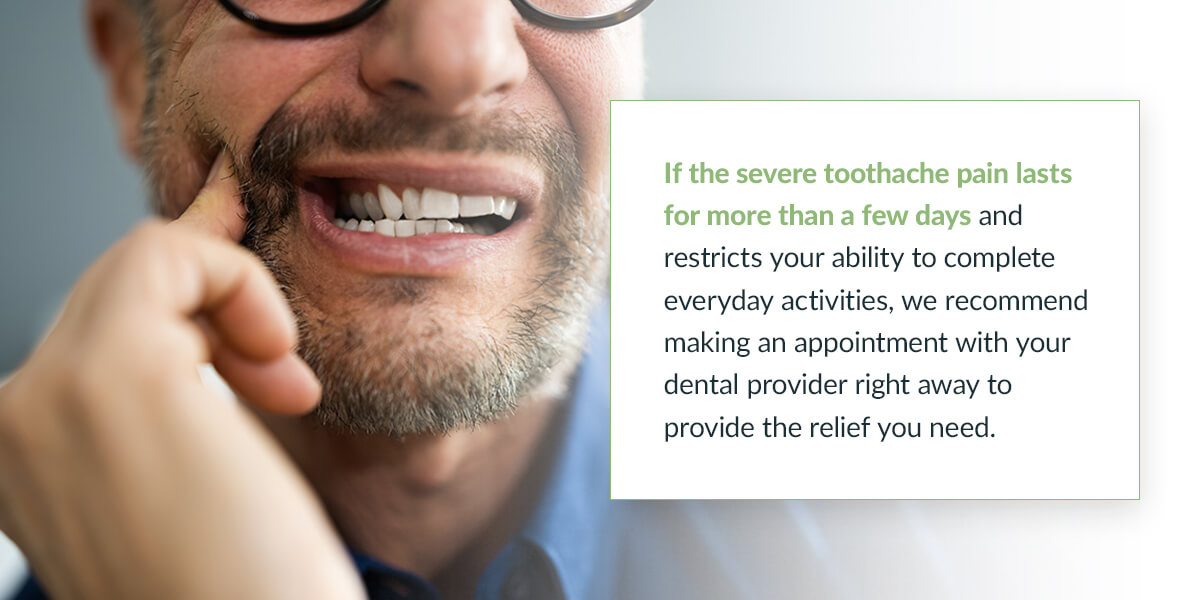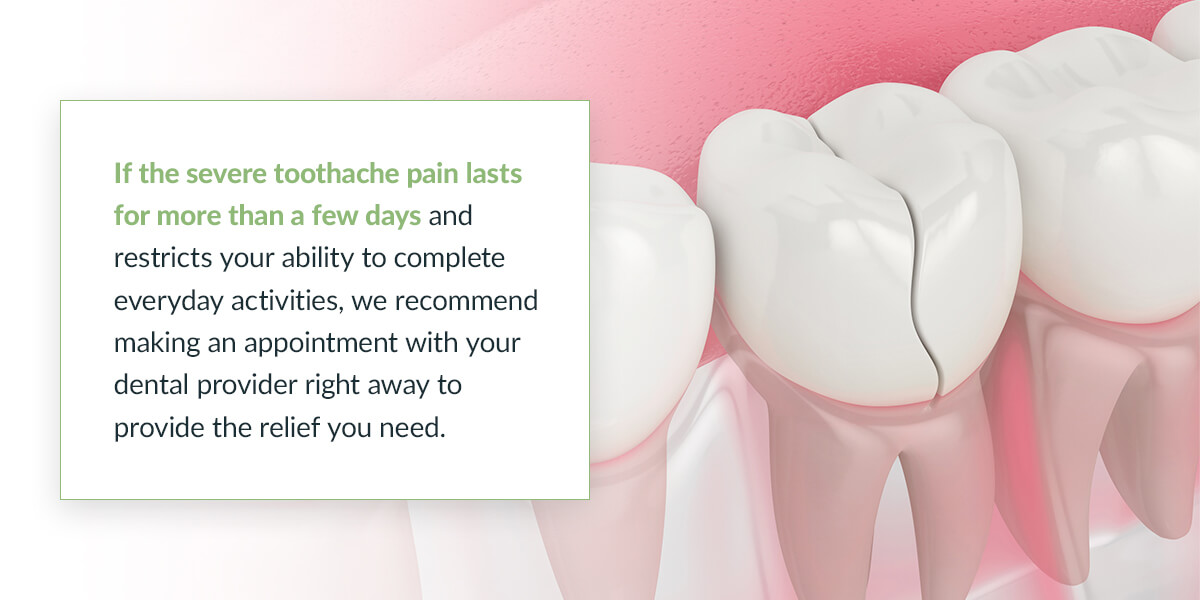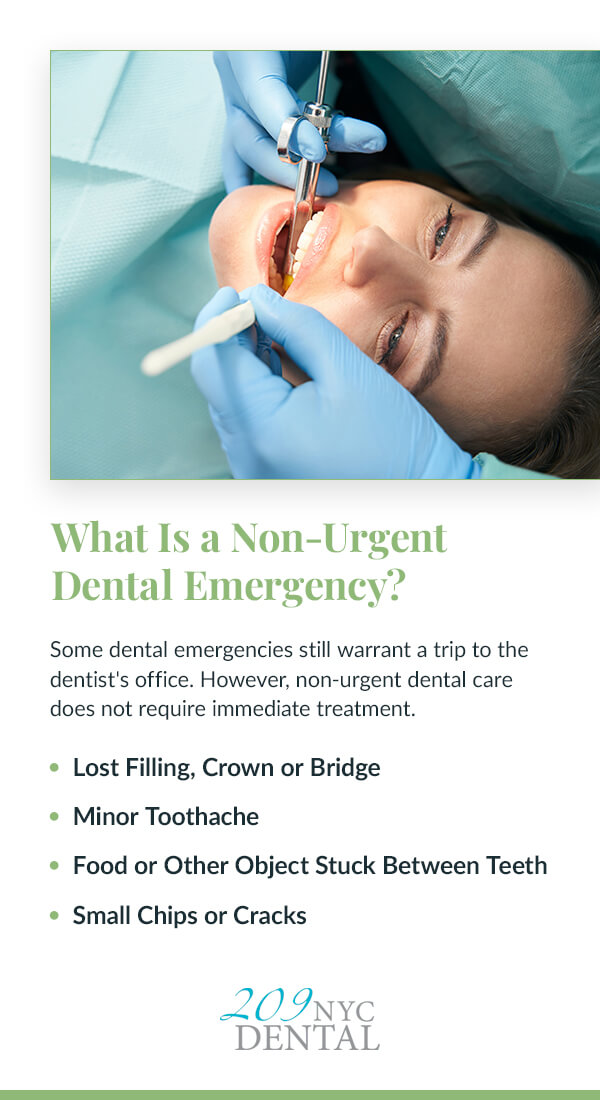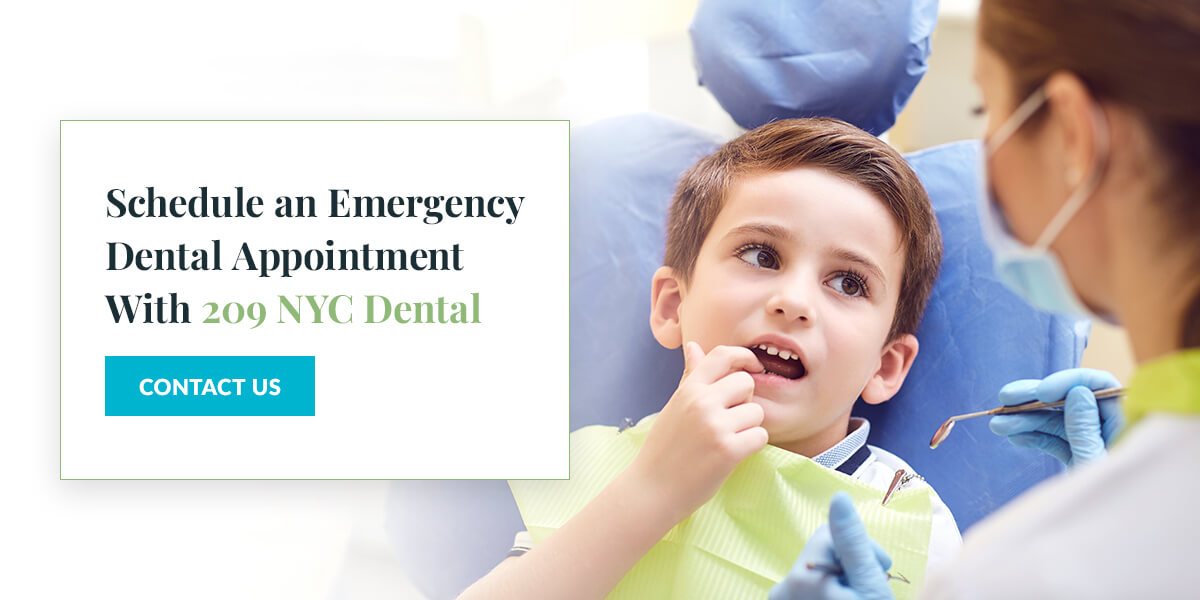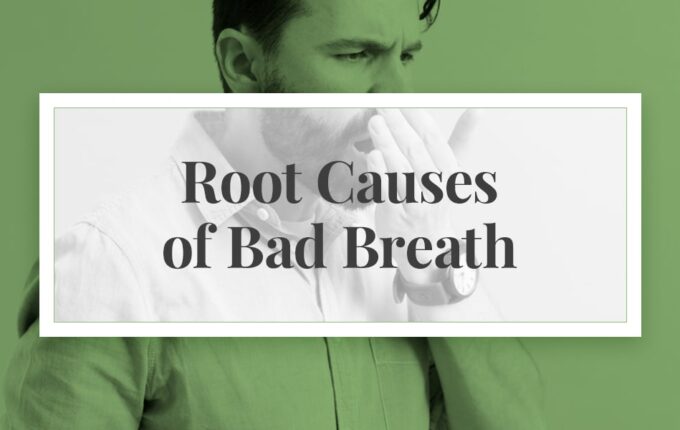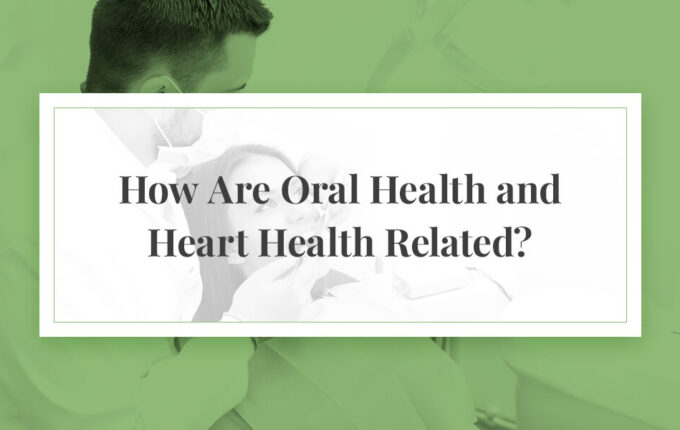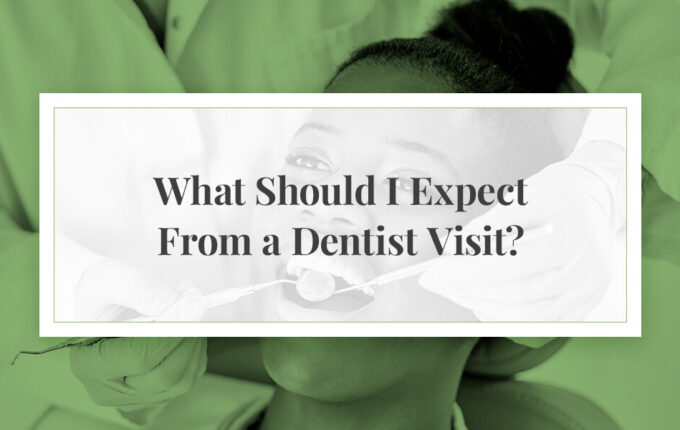The Difference Between Emergency and Routine Dental Care
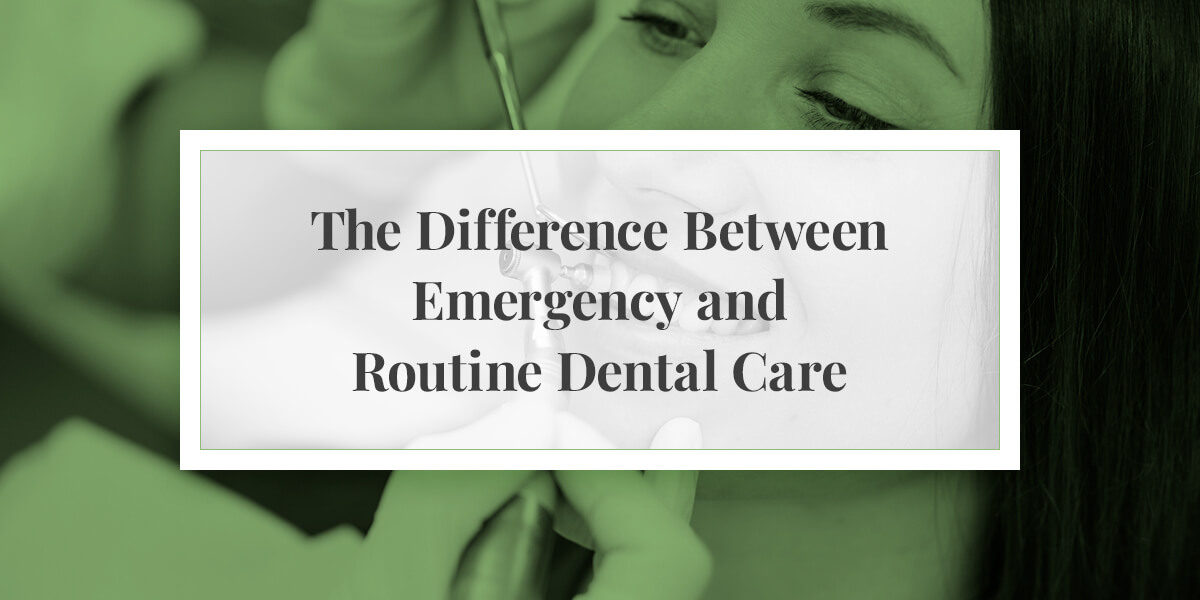
While you may only plan to schedule your routine check-ups every six months, dental emergencies can appear when you least expect them. Luckily, by recognizing the types of dental emergencies, you can prepare for a quick recovery with your trusted team of dentists to assess your needs and provide the treatment you need.
Take a look at the difference between emergency and routine dental care to stay on top of your teeth’s health.
What Is a Considered an Urgent Dental Emergency?
Urgent dental emergencies take priority over routine six-month cleaning appointments and require immediate attention from your dental provider. These instances can be life-threatening, involving infections, severe bleeding or other traumatic dental injuries. Due to the unpredictable nature of these emergencies, you should always contact your dentist immediately if you experience increasing pain in any of your teeth or around the mouth.
Seeking immediate treatment for urgent dental care can reduce the costs of prolonged infections, missing teeth and other types of dental emergencies. Waiting for your routine dental appointment can potentially make these matters more serious, leading to extensive treatment options to improve your dental health completely.
To decrease emergency dental care costs and get you back to feeling in top shape again, do not wait to contact your dental office and schedule an urgent dental appointment to assess the emergency. Fast actions are best for quicker recovery.
Take a look at the following instances that are considered dental emergencies.
1. Severe Toothache
Many people experience tooth pain at several points in their lives. Whether we get popcorn kernels stuck in our teeth or a pesky cavity appears, toothaches can cause slight pain throughout the day. However, severe toothaches can make the simplest activities, such as eating and drinking, painful.
The most common causes of severe toothaches include:
- A broken tooth
- Wearing down the teeth through grinding or clenching
- Infected gums
- Bacterial infections inside the tooth
- A damaged filling
If the severe toothache pain lasts for more than a few days and restricts your ability to complete everyday activities, we recommend making an appointment with your dental provider right away to provide the relief you need.
2. Dental Abscess
A tooth abscess is a type of dental emergency that makes simple everyday activities uncomfortable, including talking and eating. This urgent dental situation is the result of a bacterial infection in the tooth from an injury or cavity that causes pus to form at the tooth’s root.
The most common symptoms of a dental abscess you should bring up with your dentist include the following:
- A throbbing toothache in the mouth, spreading to the neck and ear areas
- Pain and sensitivity to hot and cold temperatures when eating and drinking
- Swollen lymph nodes
- Swelling in the face or neck
- Fever
- Difficulty breathing or swallowing
3. Loose or Knocked-Out Tooth
An injury to the mouth can cause your teeth to become loose or come out of its socket completely. This dental emergency can happen without warning and sometimes not cause any pain. However, missing or loose teeth can cause excessive bleeding from the mouth. Over time, your teeth may shift in the opposite direction where the missing tooth once rested.
If you experience loose or missing teeth for any unforeseen reason, we recommend contacting your dentist immediately to stop the bleeding. They can also attempt to place the existing tooth back in its original place for the perfect fit.
4. Broken Tooth
Similar to a loose or knocked-out tooth, an injury or biting into a tough object can cause a tooth to break off or split. The break itself can cause dental pain in the tooth. However, more pain can occur if the broken tooth is left untreated for too long. Bacteria can enter the broken parts of the tooth, causing more dental care emergencies.
Even if you only have a small break, your dental provider can make the necessary repairs to the impacted area to grant your mouth the comfort it needs.
5. Severe Chips or Cracks
Cracked and chipped teeth can also cause pain from an injury or rotting tooth. While cracks and chips may not open a space in the tooth for an infection to seep through as easily as broken teeth, cracks can become severely damaged if left untreated for long periods.
To prevent chipped or cracked teeth from becoming broken, schedule a dental appointment immediately to repair these damages.
What Is a Non-Urgent Dental Emergency?
Some dental emergencies still warrant a trip to the dentist’s office. However, non-urgent dental care does not require immediate treatment. You can often wait until the next available appointment to properly repair non-urgent issues.
Check out these non-urgent dental emergencies you can bring up with your dentist’s office.
1. Lost Filling, Crown or Bridge
Losing a filling, crown or bridge from your teeth can be a sudden change when you least expect it, especially as they can offer your mouth comfort and pain relief from previous cavities and missing teeth. You can lose these items from an improper fit to your teeth or prolonged decay from the impacted tooth.
When a filling, crown or bridge loosens or falls out, you may notice your teeth are more sensitive to hot and cold temperatures. Make sure to save any pieces that fall out to bring to your appointment. The dentist should be able to refit crowns and bridges or refill your tooth.
2. Minor Toothache
Toothaches can make simple activities feel slightly uncomfortable in an area of your mouth or jaw. Whether a new cavity is forming or you had an injury around the mouth area, toothaches are a dental issue a dentist should take care of as quickly as possible.
If your toothache causes discomfort but does not impact your day-to-day activities, we typically classify this instance as a non-urgent dental emergency. Severe toothaches have serious causes that can lead to other dental issues further down the road, while minor toothaches can minimize with a little help from your dental provider.
Make an appointment with a trusted dentist to treat a minor toothache after monitoring the discomfort and soreness for a few days.
3. Food or Other Object Stuck Between Teeth
In some cases, food and other tough objects can get lodged in the crevices between our teeth and are challenging to remove. Leaving these items stuck in our teeth can feel slightly uncomfortable, especially if they are pressing against two teeth that force their distance to widen or irritate the gums.
If floss does not seem to do the trick and your teeth and gums become sensitive, making an appointment with the dentist is the best route for relieving these areas of the lodged food or object.
4. Small Chips or Cracks
If you are eating and notice a small part of your tooth comes out after taking a bite, your tooth may have a minor crack or chip. This problem with your tooth can cause more surprise than pain. These instances may feel uncomfortable, especially if the small crack is toward the center of your tooth.
Luckily, minimal chips and cracking to your tooth is a quick fix with the help of a crown, filling or veneers that make your teeth look good as new without any discomfort in the impacted areas.
Can You Go to the ER for a Dental Emergency?
Dental emergencies can happen when you least expect them. When you or a loved one has an injury, infection or other urgent dental care need, you will likely have to decide between a visit to the ER or your trusted dentist.
The best rule for dental emergency situations is to assess what is causing the pain from a tooth or other area of the mouth. If your tooth pain results from a serious injury where different parts of the body need immediate treatment, going to the ER is the best course of action. Treating broken bones and more significant injuries should take priority over an emergency dental appointment so the rest of your body can recover smoothly before you assess your dental needs.
If the dental emergency results from a broken or cracked tooth, tooth root abscess or missing teeth, you can schedule an appointment with your dentist immediately. Any urgent matters that only impact your teeth should see a dentist for immediate treatments to make your mouth feel good as new.
Routine Dental Care Visits
Your typical routine dental care visits differ from emergency appointments. While a dentist’s office can schedule an emergency visit as quickly as possible to assess your dental needs, a routine check-up is an opportunity to discuss your dental hygiene habits and get a professional cleaning from the hygienist.
During a routine dental care visit, you can expect to discuss your brushing and flossing habits, such as how long you brush and how many times you practice these dental care necessities each day. After ensuring you know the proper ways to care for your teeth at home, a dental hygienist will begin cleaning your teeth.
An experienced doctor will ask similar questions about your dental hygiene habits before assessing your gum and teeth health. Any noticeable cavities can sometimes receive a filling during the same appointment, so you leave the office feeling good as new. Your appointment will end with scheduling your next check-up in the following months.
How Often Should You Go?
The typical time between each routine dental appointment is around twice a year. Most individuals can expect to visit their dentist’s office every six months for a professional cleaning and to assess the health of their teeth and gums. These bi-annual check-ups are essential for preventive dental care to avoid emergencies, such as tooth abscesses and untreated cavities.
The time frame for routine dental visits can also vary depending on your needs. Take a look at the following criteria that can change the timing of your regularly scheduled dentist appointments.
1. Changes in Your Dental Health
An appointment with your dentist can confirm certain conditions that can increase the number of visits you can expect to have to the office each year. Some individuals are more prone to cavities, plaque build-up and gum disease than others.
Individuals who will likely have dentist’s appointments every three to four months are:
- Pregnant women
- People with diabetes
- People with special needs
- People who smoke
- People with weak immune systems
- People with physical impairments
2. Dental Work
For many individuals, a pesky cavity or random toothache can appear in the six months between routine dental care visits. Putting this pain off can sometimes lead to more serious dental work in the future, so the best course of action is to schedule a dentist appointment as quickly as possible to treat these dental issues.
These occurrences are not the same as dental emergencies, so it is perfectly fine to wait for an appointment to open up to begin treatment. The staff will likely fit you into their schedule as quickly as possible around their regular patients, giving you time to try a few helpful at-home remedies, including icing and liquid foods and drinks, to ease your pain.
Schedule an Emergency Dental Appointment With 209 NYC Dental
If you are in a dental emergency, we can help assess your needs to find the best treatment options for your teeth. Our team of dedicated emergency dentists offers same-day treatments for urgent dental care in Manhattan Midtown East. Broken, chipped and loose teeth are no match for the fast-acting nature of our offices, where you can find relief from these dental emergencies.
Our urgent dental procedures include emergency root canals, extractions, broken and knocked-out teeth, toothaches and infections. If you are not a regular patient at 209 NYC Dental, you can still visit us. New patients can schedule emergency appointments right away using our reserved time for those looking for immediate treatment.
For dental emergencies, call 212-335-2290 or book your appointment online today.
 Our History
Our History
 Our Providers
Our Providers
 About Us
About Us
 Blog
Blog
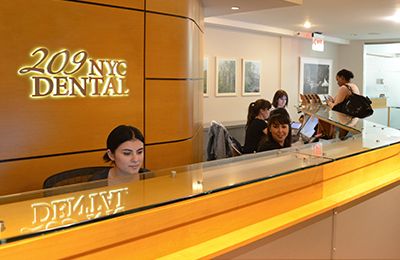 Contact us
Contact us
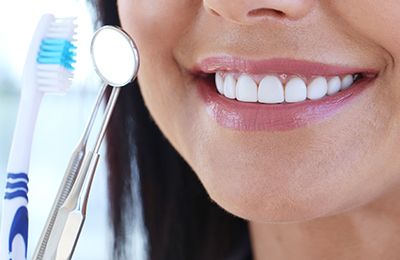 Diagnostic & Preventive
Diagnostic & Preventive
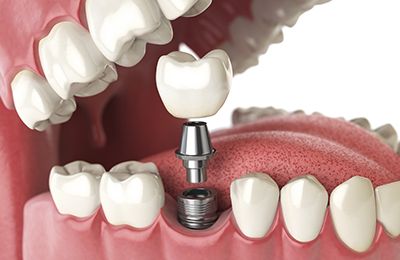 Implant Dentistry
Implant Dentistry
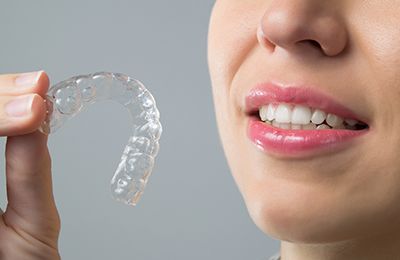 Clear Braces - Invisalign
Clear Braces - Invisalign
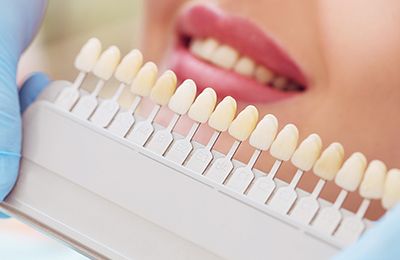 Cosmetic Dentistry
Cosmetic Dentistry
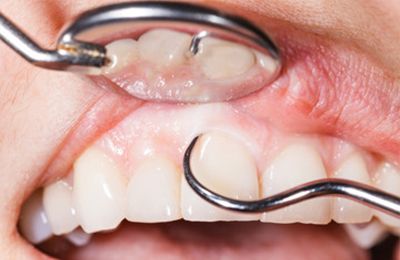 Periodontics
Periodontics
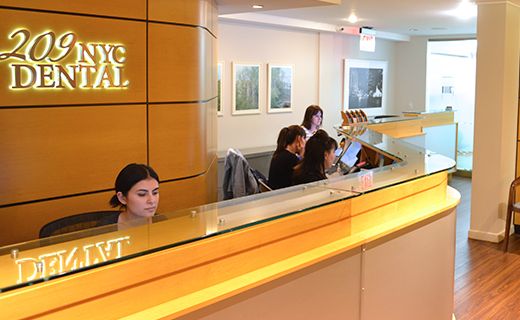 Patient Forms
Patient Forms
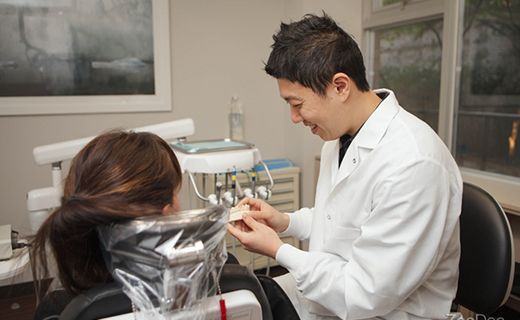 Payment Information
Payment Information
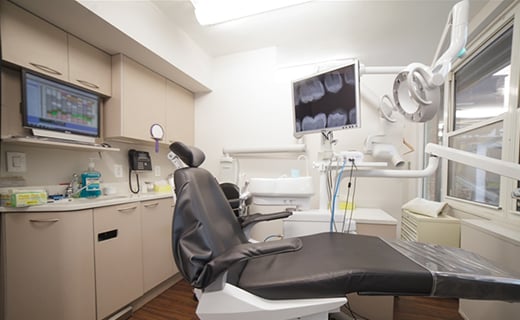 Insurance Options
Insurance Options
 CareCredit Dental
CareCredit Dental
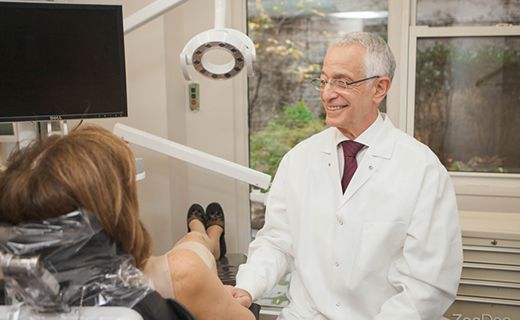 Appointment Policy
Appointment Policy
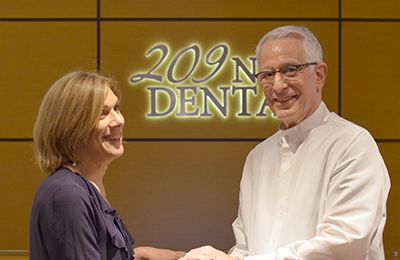 Free Consultation
Free Consultation
 Complimentary Teeth Whitening
Complimentary Teeth Whitening
 Teeth Whitening
Teeth Whitening
